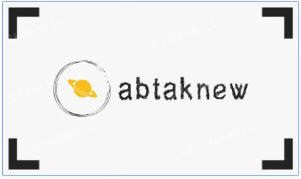Beneath the surface of public bluster and overt diplomatic maneuvering in the geopolitically heated Middle East, a covert struggle has been developing for some time.
Recently, the shadow war between Israel and Iran has gained attention due to its clandestine activities, cyberattacks, and proxy wars, which have exposed a convoluted web of deceit and calculated moves.
A long-standing competition driven by ideological disagreements, geopolitical aspirations, and regional hegemony is at the core of this shadow conflict.
Iran has adopted a comprehensive strategy that includes funding for terrorist groups, covert nuclear ambitions,
The development of proxy forces throughout the Middle East in an effort to assert its influence and claim a dominant position in the area.
A series of covert operations have been carried out by Israel to thwart Iran's nuclear ambitions, disrupt its proxy networks, and stop the transfer of advanced weapons to militant groups on its borders.
Israel views Iran as an existential threat due to its nuclear program and support for anti-Israeli militant groups like Hezbollah and Hamas.
The Iranian-Israeli "shadow war" has taken many forms, ranging from cyberwarfare and vital infrastructure disruption to targeted killings and clandestine military operations.
One of the most prominent instances of this clandestine battle was the cyberattack known as Stuxnet, which was directed at Iran's nuclear installations and severely hindered its ability to enrich uranium.
It is generally accepted that Israeli and American intelligence services collaborated on this operation.
Additionally, the dispute between Israel and Iran has spread to other nations, where both sides have attempted to sway opinion and garner support by forming regional alliances and proxy groups.
For instance, Iran has given the Assad regime in Syria substantial military and financial backing, and Israel has launched multiple attacks against Iranian-backed militias and weapons shipments meant for Hezbollah.
Source: Apnews.com






0 Comments